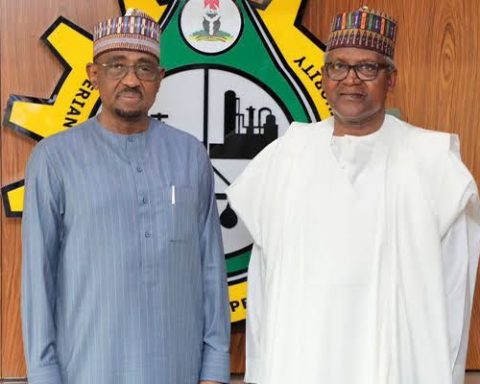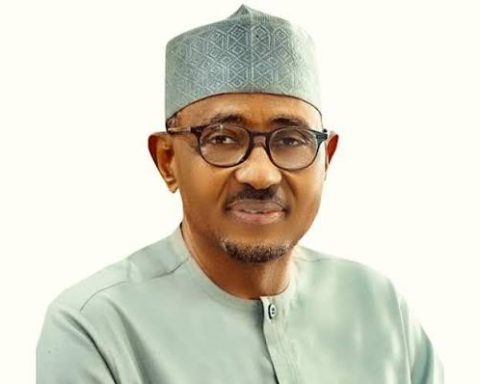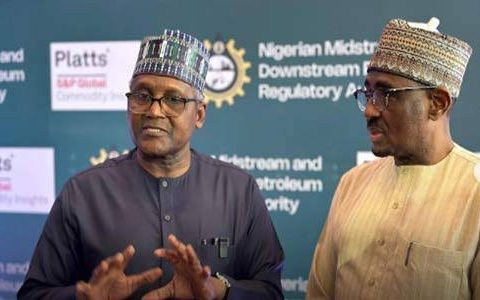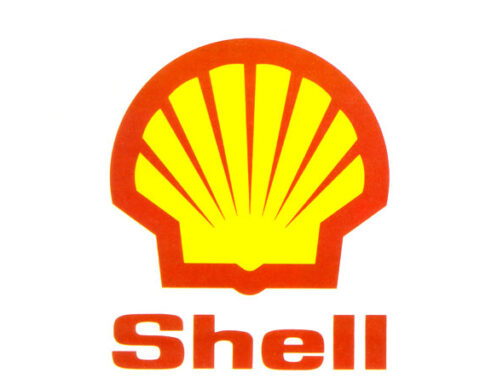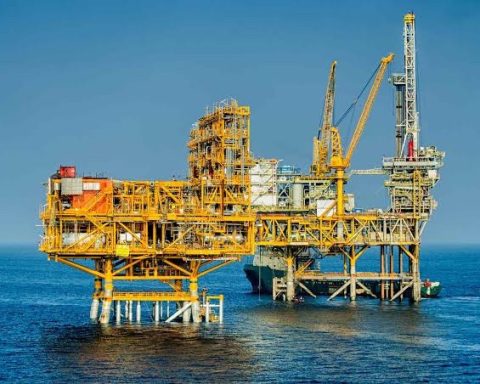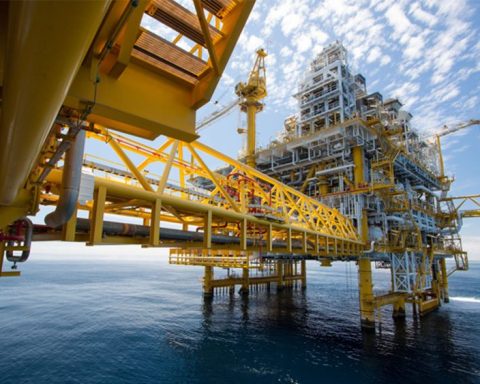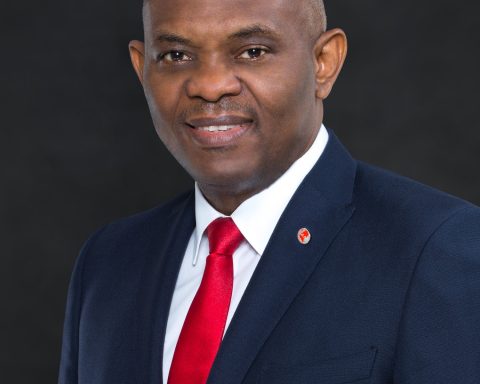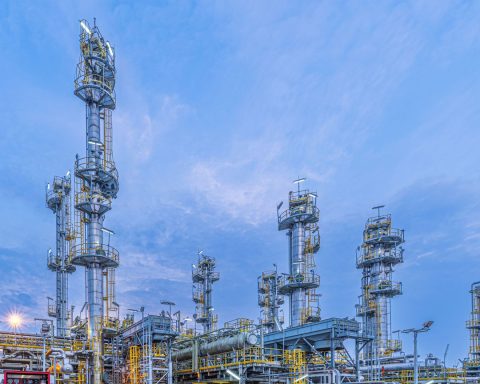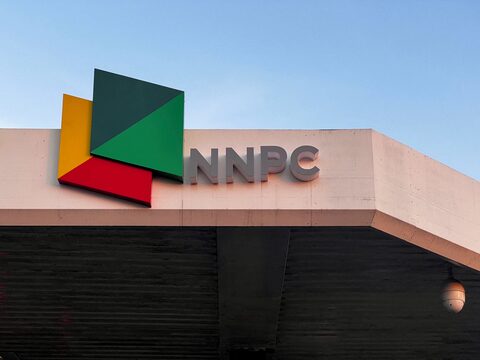Chief Executive of the Nigerian Midstream and Downstream Petroleum Regulatory Authority (NMDPRA), Farouk Ahmed, has revealed that West Africa continues to rely heavily on imported fuel, with nearly 70 percent of its gasoline sourced from overseas markets despite recent expansions in regional refining capacity.
Speaking at the Global Commodity Insights Conference on West Africa’s refined fuel market, held in Abuja and co-hosted by NMDPRA and S&P Global, Ahmed disclosed that in 2025, the region is averaging 2.05 million metric tonnes (MT) of gasoline traded monthly. Of this, 69 percent, about 1.44 million MT is imported, while only 31 percent comes from local refineries.
Join our WhatsApp ChannelHe noted that countries such as Nigeria, Ghana, Niger, Senegal, and Côte d’Ivoire now boast a combined refining output of 1.335 million barrels per day, yet this has not translated into self-sufficiency.
According to Ahmed, the continued reliance on importation is exacerbated by the absence of an African pricing benchmark. He criticized the use of global pricing standards based on markets like the U.S. Gulf Coast, Singapore, and Northwest Europe, which, he argued, fail to reflect the cost realities and logistics of the West African market.
“These benchmarks do not account for the unique supply chain challenges, infrastructure gaps, and economic conditions of the African market,” he said. “We must define our own pricing reality.”
READ ALSO: Marketers Kick Against Dangote Monopoly, Insist On Continued Petrol Imports
Ahmed announced that the NMDPRA is working with S&P Global to develop regional fuel indices for products such as Premium Motor Spirit (PMS), Automotive Gas Oil (AGO), and Liquefied Petroleum Gas (LPG). These indices, he said, would deepen market transparency, attract investment, and improve energy security across the region.
President Tinubu, in a post shared via his official X handle during the conference, echoed the call for Africa to assume control of its energy value chain.
“This week, Nigeria welcomes Africa’s energy leaders and global partners to Abuja for the Global Commodity Insights Conference on West African Refined Fuel Markets, hosted by NMDPRA in partnership with S&P Global Insights,” the president wrote.
“Africa can no longer remain a price taker for its resources. It is time to establish credible, transparent benchmarks that reflect our realities and protect our economies.
“From refining to regulation, data transparency to trade flows, Nigeria is working with regional partners to build an integrated market that rewards our production, secures energy for our people, and deepens prosperity across borders.
“Through this strategic platform, we are creating a transparent, Africa-led reference market that is rooted in collaboration, regulatory alignment, and economic self-determination.
“This is how we take ownership of our value. This is how we shape our energy future. We must price what we produce, trade on our terms, and secure value for our economies and future generations.”
The president’s remarks underscored the urgency of establishing a self-determined, African-led approach to energy pricing and market regulation as the region seeks to transition from dependency to control.
Amanze Chinonye is a Staff Correspondent at Prime Business Africa, a rising star in the literary world, weaving captivating stories that transport readers to the vibrant landscapes of Nigeria and the rest of Africa. With a unique voice that blends with the newspaper's tradition and style, Chinonye's writing is a masterful exploration of the human condition, delving into themes of identity, culture, and social justice. Through her words, Chinonye paints vivid portraits of everyday African life, from the bustling markets of Nigeria's Lagos to the quiet villages of South Africa's countryside . With a keen eye for detail and a deep understanding of the complexities of Nigerian society, Chinonye's writing is both a testament to the country's rich cultural heritage and a powerful call to action for a brighter future. As a writer, Chinonye is a true storyteller, using her dexterity to educate, inspire, and uplift readers around the world.


